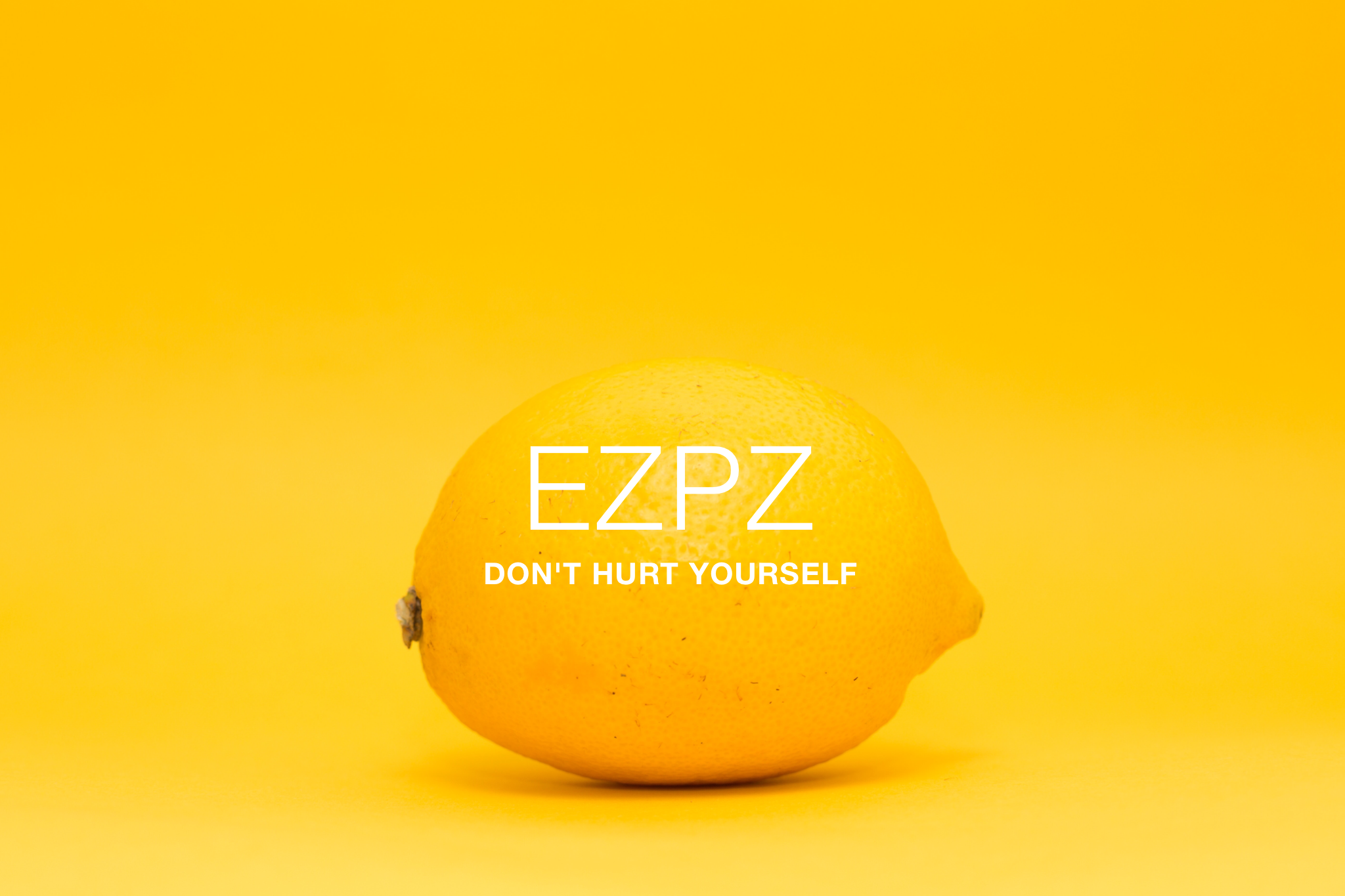So, Aaron, Why do some bicycles have one gear and others have many more?
Bicycles come in many different configurations with gearing often corresponding to the rider's preference or the design function of the bicycle. A road bike for instance, using mine as an example, has a compact crank - 2 front gears, a larger one and a smaller one, and an 11 gear cassette in the rear. This gives me 22 separate gears to work through. The smaller front gear combined with the biggest rear gear will give me the easiest pedal push (essentially the lowest gear), but the least rotation of my tire, per rotation of the pedal. Conversely, if I use the largest front gear, combined with the smallest rear gear, I get the hardest pedal push (the highest gear), but the most rotation of the tire per rotation of the pedal.
Notice how in low gear, Aaron's effort is the least, but it also has the least impact on moving the tire. In the highest gear, the effort is the most and the impact on moving the tire is the greatest.
What are the pros and cons of having one gear vs. having many gears?
That's a great question, and it really comes down to utility. Many gears give you a range to work from, so when you're climbing a big hill in a low gear, its easier to pedal. That same gear on a flat run would require me to pedal at warp speed to move very fast, so I will shift to a higher gear and get more rotation on my tire for each rotation of the pedals.
The cons to this set-up are a few. First they add weight, and second, it requires more routine maintenance and adjustment as the cables wear, etc. Finally they tend to put a bit more stress on the chain.
On the other hand, a single gear, one that gets you to moderate speeds, yet is still relatively easy, is often found on commuter or courier bikes. At a basic level many couriers look for the simplest set-up they can to eliminate the maintenance, adjustment and potential failure of one of the shifting components. So they may set themselves up with a simple gearing ratio that suits the needs of their specific riding style.
Using multiple gears allows you to adapt better, but is more complicated. It's less of a headache to use fewer gears or limit yourself to gears that work best for you, but your ability to adapt is reduced.
What is the benefit of picking the right gear?
I touched on this a bit earlier. Picking the right gear helps reduce fatigue. I tend to ride long rides trying to keep a steady cadence. The cadence is the RPM (Rotations Per Minute) that I pedal at. For me, keeping a cadence around 95 RPM keeps my body from fatiguing. For instance, I can climb a large hill, in a low gear at 95 RPM and only be moving forward at around 10 miles per hour, yet that same cadence at a higher gear will allow me to cruise at 25-28 mph on a flat road.
When the gear you pick for a given terrain matches your cadence, pedaling is smooth and easy.
What sort of things do you need to consider or beware of when you are going to change gears?
Ultimately its about anticipating the need to shift. For instance, I am rolling along and see a large hill coming up, as I begin the climb, I watch my RPM, and as it begins to fall, I ease the pressure on my pedals and downshift. From there I am back to my 95 RPM until I need to downshift again.
Like with many things, anticipating and making a change earlier makes things go better.
What happens if you jump from one gear to another that is really different or far away from the original?
Skipping many gears at once can really throw you off your cadence. I've seen people get so disrupted by a big mis-shift that they have almost lost control of the bike. Imagine pedaling at 95 RPM in a high gear, suddenly you mis-shift to your lowest gear and you physically cannot keep up with the pedals. You are essentially freewheeling because you would need to be pedaling at nearly three times the RPM to keep the gear engaged. Make sense?
Gradual change is easier to adjust to than abrupt change.
What is cross-chaining and why should it be avoided?
I think in this case a picture is worth a thousand words. Cross chaining is running your chain from the largest ring on the crank to the largest on the cassette, or vice versa. As you can see by the image, it creates extreme angles to your chain, and accelerates the wear of both the chain and the sprockets.














